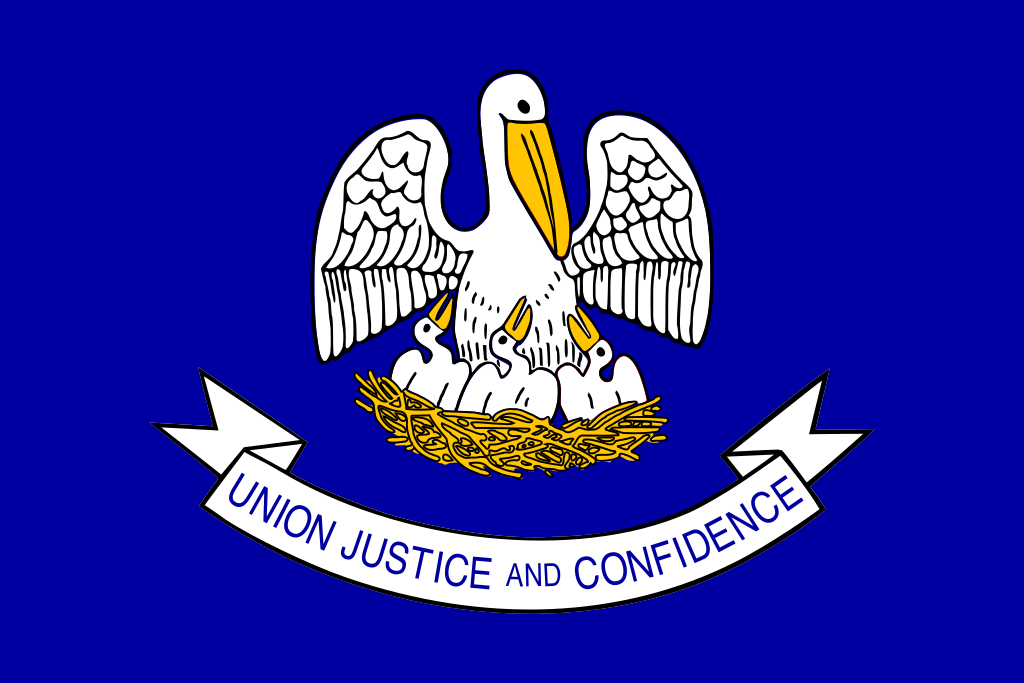Voters in Louisiana approved Amendment 1, a ban on the use of private funding for election administration, by 72.56% on Oct. 14, 2023. With Saturday’s vote, Louisiana became the second state to enact a ban on private funding for election administration in the last week. North Carolina lawmakers overrode Gov. Roy Cooper’s (D) veto of S747, enacting such a ban, on October 10.
North Carolina and Louisiana became the 26th and 27th states to ban private funding and resources for election administration since the start of 2021 legislative sessions and the second and third states to do so this year, after Montana. North Carolina and Louisiana became the fifth and sixth states to adopt private funding prohibition with a divided government. Every other state that has adopted a ban did so with a Republican trifecta.
Louisiana’s new law prohibits state and local governments from using funds, goods, and services donated by foreign governments or nongovernmental (private) sources for the purpose of conducting elections. North Carolina’s law prohibits the state board of elections and county boards of election or commissioners from “accept(ing) private monetary donations or in-kind contributions, directly or indirectly, for conducting elections or employing individuals on a temporary basis.”
Debate over using private resources for election costs began after Mark Zuckerberg and his wife Priscilla Chan made a series of donations to nonprofits ahead of the 2020 general election, including the Center for Tech and Civic Life (CTCL). Critics of these types of donations argue that they could induce election officials to favor the adoption of specific policies preferred by the donor or may be used to do targeted outreach to a specific group of qualified voters to either encourage them to register to vote or to vote in an upcoming election. Supporters of the use of private funding argued that these sources of funding are critical for the regular administration of free and fair elections, particularly during times of public emergency such as during the COVID-19 pandemic.
Passing these laws became a priority for Republican lawmakers after the 2020 general election—no state had such a law until the 2021 legislative sessions. Twenty-one of the 27 states that now have these laws adopted them with Republican trifectas. Louisiana was the first state to adopt such a law through a ballot initiative after legislators referred a constitutional amendment to voters earlier this year. North Carolina became the second state to enact a ban through a veto override. Kansas did so in 2021. Outgoing Louisiana Gov. John Bel Edwards (D) vetoed private funding bans in 2020 and 2021.
After initially vetoing S747, North Carolina Gov. Cooper (D) said, “The legislature should start properly funding elections boards to ensure accessible, safe, and secure elections every time, which would end the need for grants.” After the vote to override, State Rep. Erin Paré (R) said, “Today, the House approved common sense reforms to make our election process more secure.” The North Carolina Senate voted 30-19 to override the governor’s veto on October 10. The state’s House of Representatives voted 72-44 to complete the override later that day.
In Louisiana, State Rep. Blake Miguez (R-49), who sponsored the amendment in the House, said, “With the passage of [the amendment], the Republican legislative supermajority in Louisiana took a strong step today towards prohibiting the use of foreign and private funds to pay for any part of our election system.” On the occasion of a 2021 veto of a private funding prohibition, Gov. Bel Edwards said, “the Legislature is reserving for itself the right to receive and spend grants and donations while attempting to outlaw the same for other public bodies.”
Additional reading:


